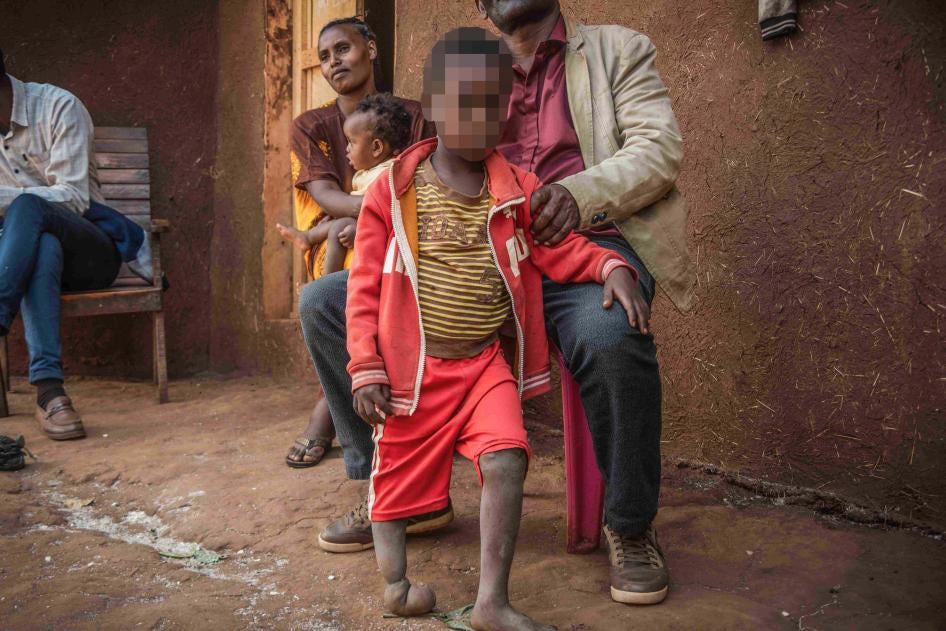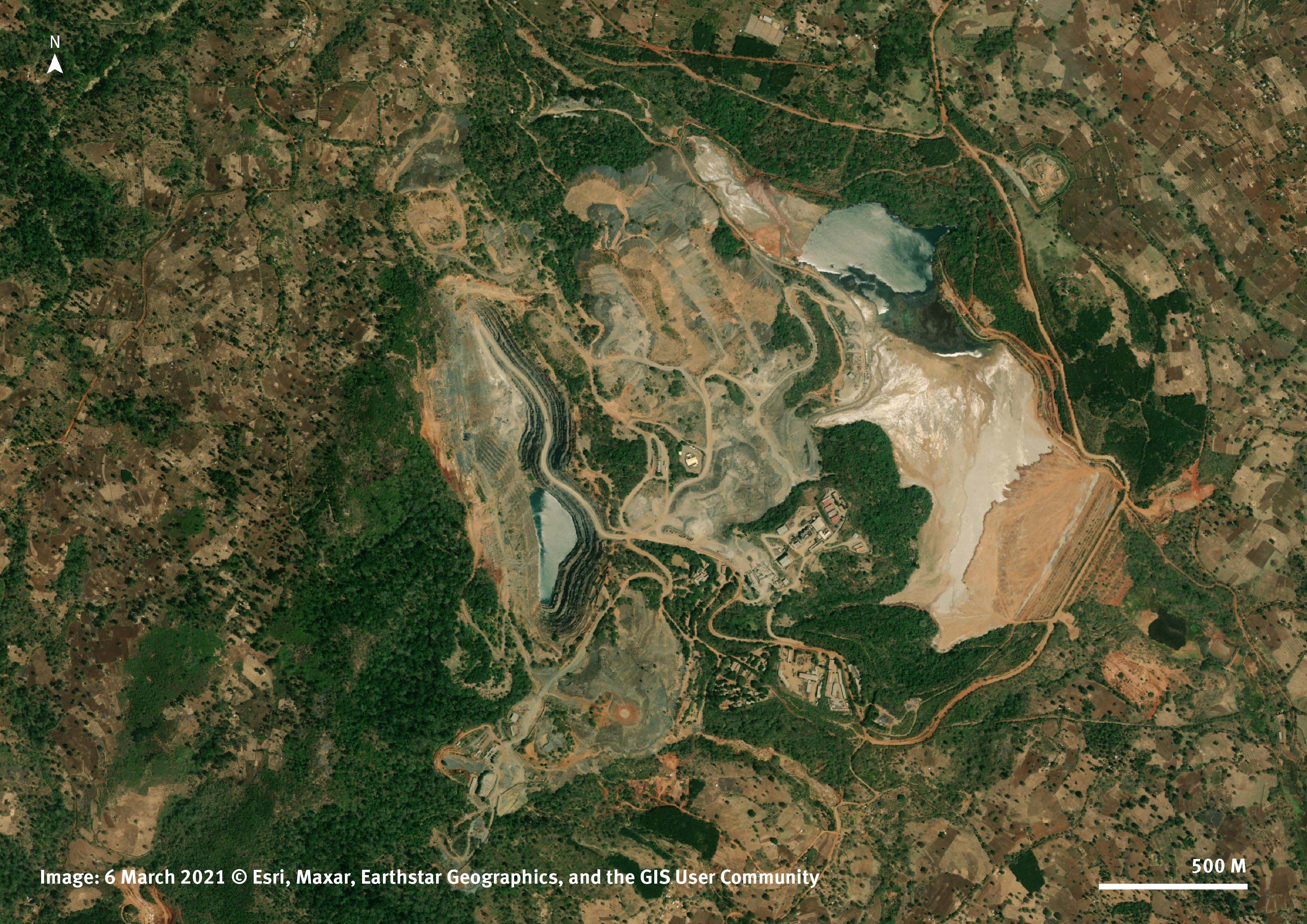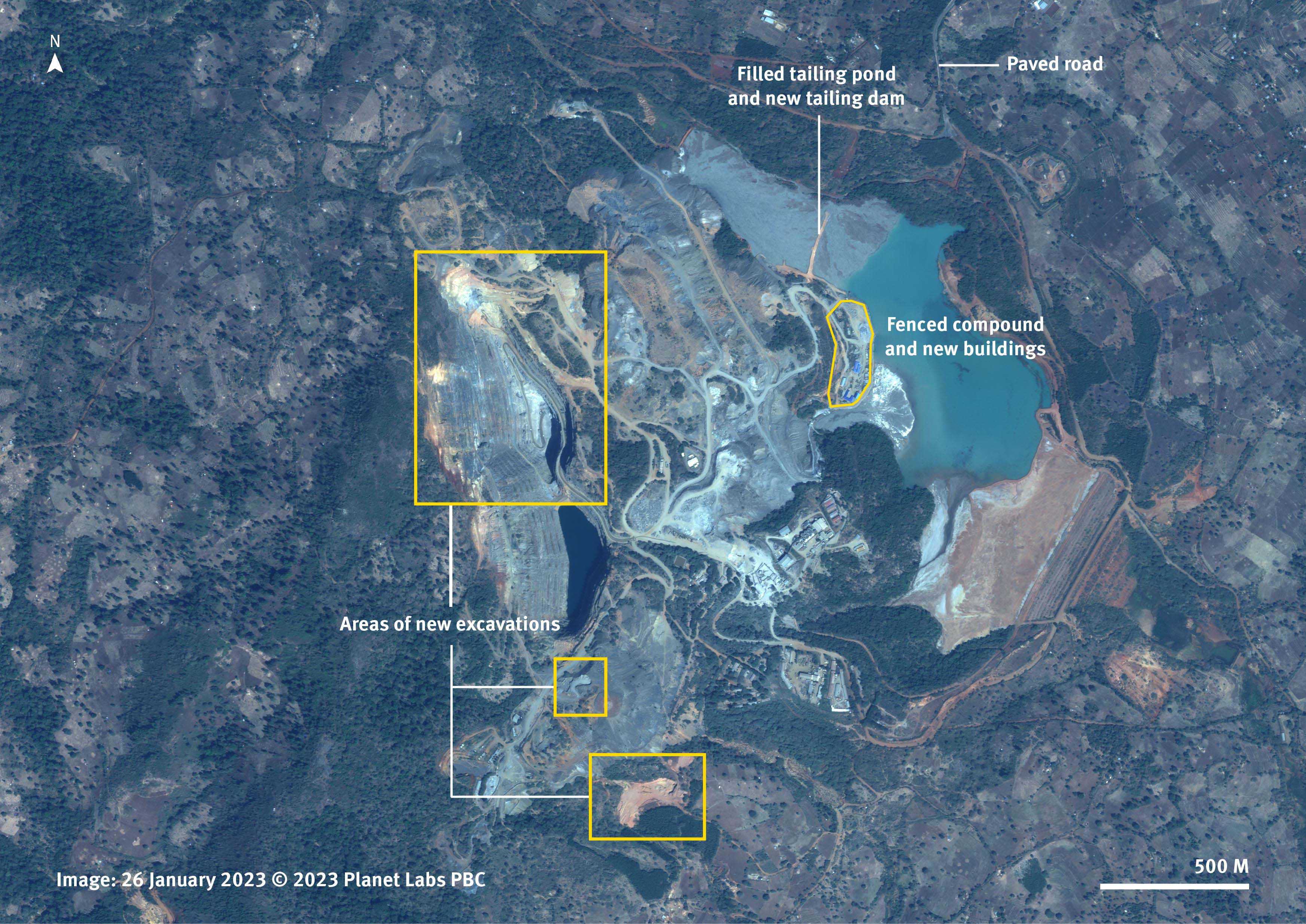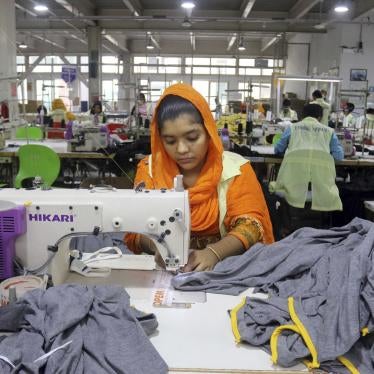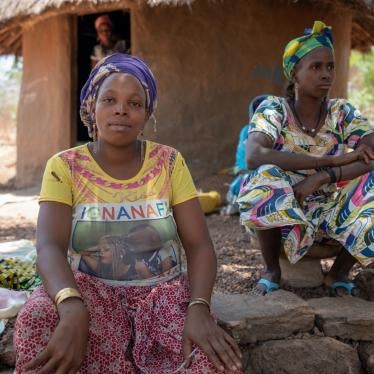Good afternoon,
Human Rights Watch is publishing today a report on an industrial gold mine in Ethiopia called Lega Dembi. It is the largest industrial gold mine in the country and has been owned by Midroc Investment Group, an Ethiopian company, for over 20 years. The mine is responsible for high amounts of toxic chemicals in the water and soil nearby, and these chemicals exposed residents to significant health risks. Local residents have told us that tailings ponds regularly overflowed and that polluted water flowed into creeks used for household needs. They also told us of miscarriages, stillbirths, and disabilities at birth among people living near or downstream from the tailings ponds. Scientific studies initiated in 2018 confirm that residents have been exposed to toxic metals and have been suffering from skin conditions, miscarriages, and disabilities at birth. People living near Lega Dembi have suffered violations of their right to health and their right to a clean, healthy, and safe environment.
The Swiss gold refinery Argor-Heraeus sourced from the mine until 2018 because its risk assessment systems didn’t identify the human rights risks until that year. Audits by the certification bodies that certified the gold refinery as sourcing responsibly – the Responsible Jewellery Council and London Bullion Market Association – apparently didn’t pick up the human rights concerns either. Then in 2018, Argor-Heraeus obtained information from international media about the environmental concerns and its impacts, and began a process to verify and clarify this information. At this time, there was a wave of local protests over the health impacts of the mine, which led the Ethiopian government to suspend Midroc’s mining license in May 2018. The refinery then stopped sourcing from the mine a few days later.
The mine was reopened around March 2021 without indication that its pollution problems had been addressed, even though the Ethiopian government had previously announced its intention to address the problems. Currently, Argor-Heraeus is no longer sourcing from there, and the main gold export destination of Ethiopia is the United Arab Emirates; we have no specific information on the current supply chain of Lega Dembi.
Given the new rush on mining for the energy transition, and the development of several new EU laws on supply chains and minerals, we believe this case holds important lessons for the future:
- Where environmental harm is caused, human rights are also at risk. In this case, local residents have suffered violations of their right to health. They have also suffered violations of their right to protest peacefully and to be protected from cruel, inhuman and degrading treatment. It is vital that companies across the mineral supply chain conduct robust environmental and human rights due diligence.
- Such robust due diligence needs to include risk assessments at the mine level; it is often not sufficient to do a desk review. Such risk assessments need to obtain the views of local and international media, NGOs, community members, and workers – even when this is difficult due to the security situation, restrictions on independent monitoring, or language barriers. In addition, companies need to put in place effective, accessible, and legitimate grievance mechanisms.
- Certification by due diligence schemes is not a guarantee that the minerals sourced have been mined under rights-respecting conditions. This is in part because audits that are at the basis of certification are often short and superficial, and rarely include visits to assess conditions in mines. Current plans for legislation on corporate accountability and critical raw materials, such as those being developed in the EU, should therefore not equate certification with legal compliance.
These are recommendations to ensure that mining does not contribute to environmental and human rights harms. But what should happen if harm has been done, as we have seen in Lega Dembi? I want to end on some recommendations for steps that should be taken there now:
- The Ethiopian government, Midroc, and Argor-Heraeus should conduct a comprehensive, inclusive, and transparent process of remediation at Lega Dembi mine guided by international environmental and health experts. The Ethiopian government should immediately suspend Midroc’s Lega Dembi mining license and ensure that no operations take place until a tailings management system has been designed in accordance with professional standards, and harmful chemicals in water and soil do not exceed international standards designed to protect human health.
- In addition, the Ethiopian government, Midroc, and Argor-Heraeus should provide an effective remedy for the harm done, including through reparations proportionate to the harm suffered, and by ensuring that people affected have access to justice, health care, and social support. These processes should be done in consultation with affected communities.
- Finally, Argor-Heraeus should investigate its human rights due diligence systems and their application in the case of the Lega Dembi mine and publish the findings. Similarly, the Responsible Jewellery Council and London Bullion Market Association should investigate how they came to miss these key human rights concerns in their certification audits, and publish the findings, so lessons can be learned from this case for the future.
Thank you.
